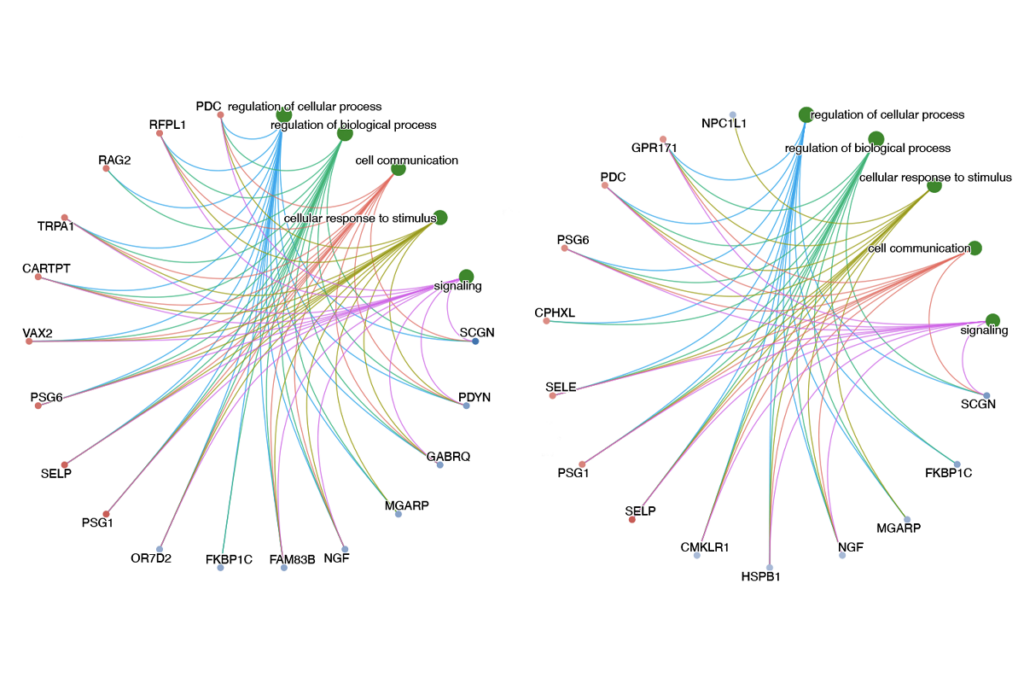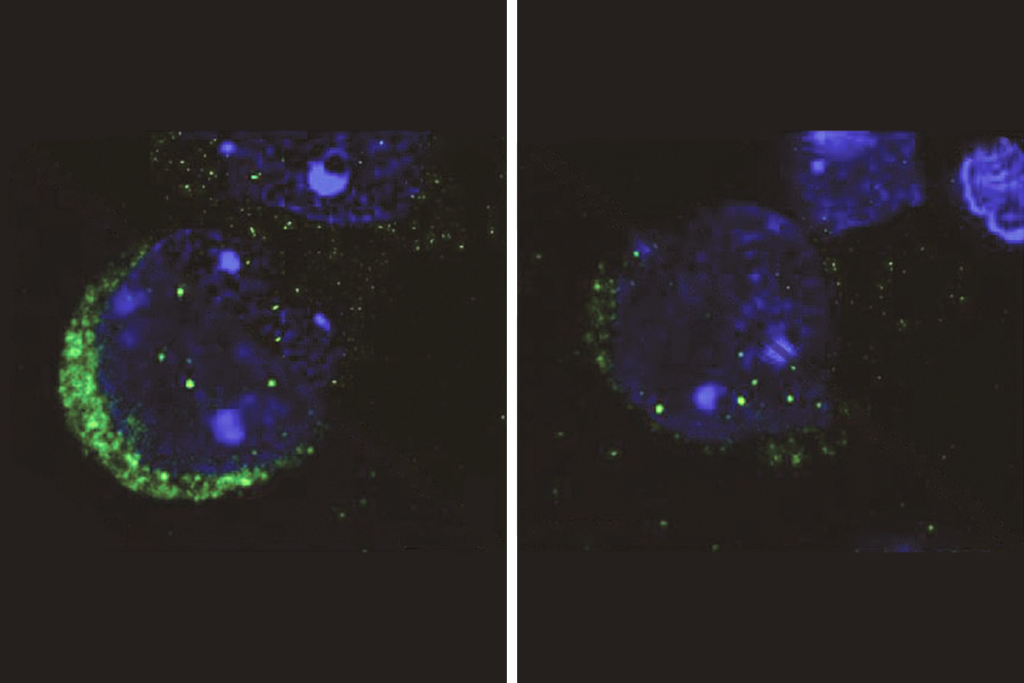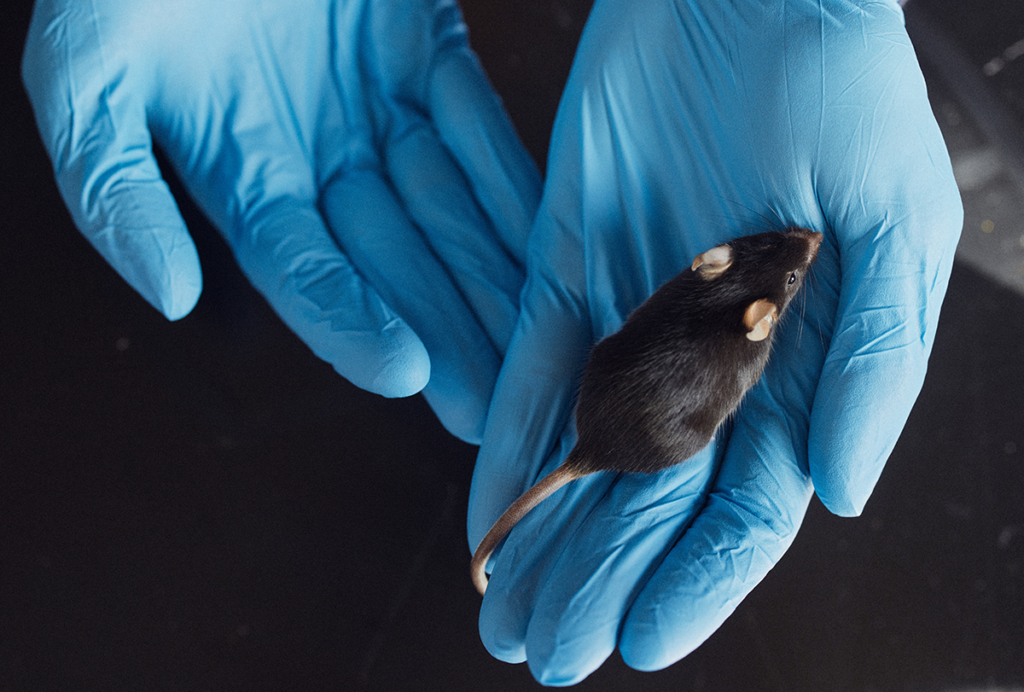Clinical research: Executive function aids autism outcome
Children and adolescents who outgrow an autism diagnosis as they get older show abilities within the average range for executive function, according to a study published 3 June in Child Neuropsychology.
Children and adolescents who outgrow an autism diagnosis as they mature show abilities within the average range for executive function, according to a study published 3 June in Child Neuropsychology1. However, they do not perform as well as controls do.
Executive function is a term for the group of cognitive processes — such as tamping down impulsivity, switching between tasks and following rules — that direct and regulate our other mental abilities.
The new study is part of a larger research project that found that some people diagnosed with autism in early childhood no longer fit the diagnostic criteria when they’re older2. Researchers term this developmental course an ‘optimal outcome.’
The study tested cognitive skills involved in executive function, which is often impaired in children and adults with autism. The researchers hypothesized that individuals who have outgrown their diagnoses, though they no longer meet the criteria for autism, may have residual deficits in this area.
The study included 43 individuals with high-functioning autism, 34 typically developing individuals and 34 people who had outgrown their diagnoses, all aged 8 to 21 years.
The participants completed three tests, based on classic psychology measures such as the Stroop Test and the Tower of Hanoi, that measure aspects of executive function. Their parents filled out questionnaires ranking the children’s planning skills, impulsivity and other qualities involved in executive function.
The researchers found that all three groups score in the average range on tests of executive function, though participants with high-functioning autism score lowest. Individuals who have outgrown their diagnoses, while similar to typically developing children, fare slightly worse in controlling their impulses and solving problems. Parent assessments suggest these children have small deficits in multitasking and working memory.
References:
1: Troyb E. et al. Child Neuropsychol. Epub ahead of print (2013) PubMed
2: Fein D. et al. J. Child Psychol. Psychiatry. 54, 195-205 (2013) PubMed
Recommended reading

New tool may help untangle downstream effects of autism-linked genes

NIH neurodevelopmental assessment system now available as iPad app

Molecular changes after MECP2 loss may drive Rett syndrome traits
Explore more from The Transmitter

Organoids and assembloids offer a new window into human brain
Who funds your basic neuroscience research? Help The Transmitter compile a list of funding sources
